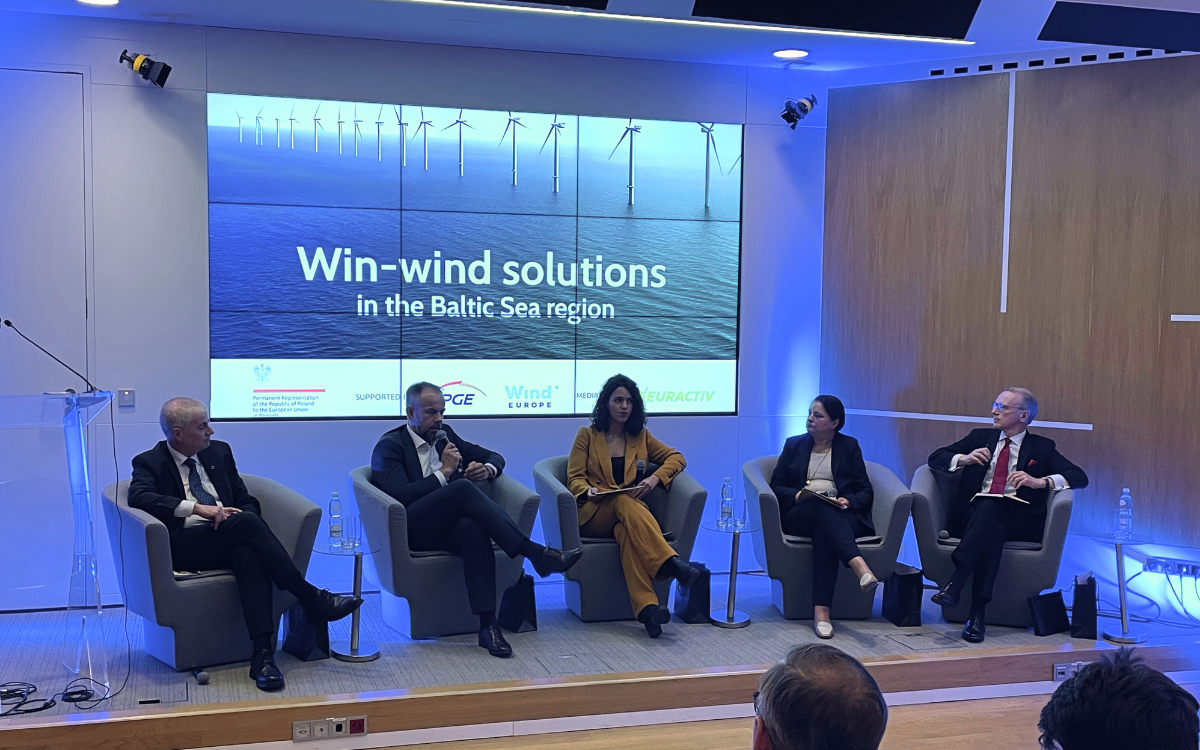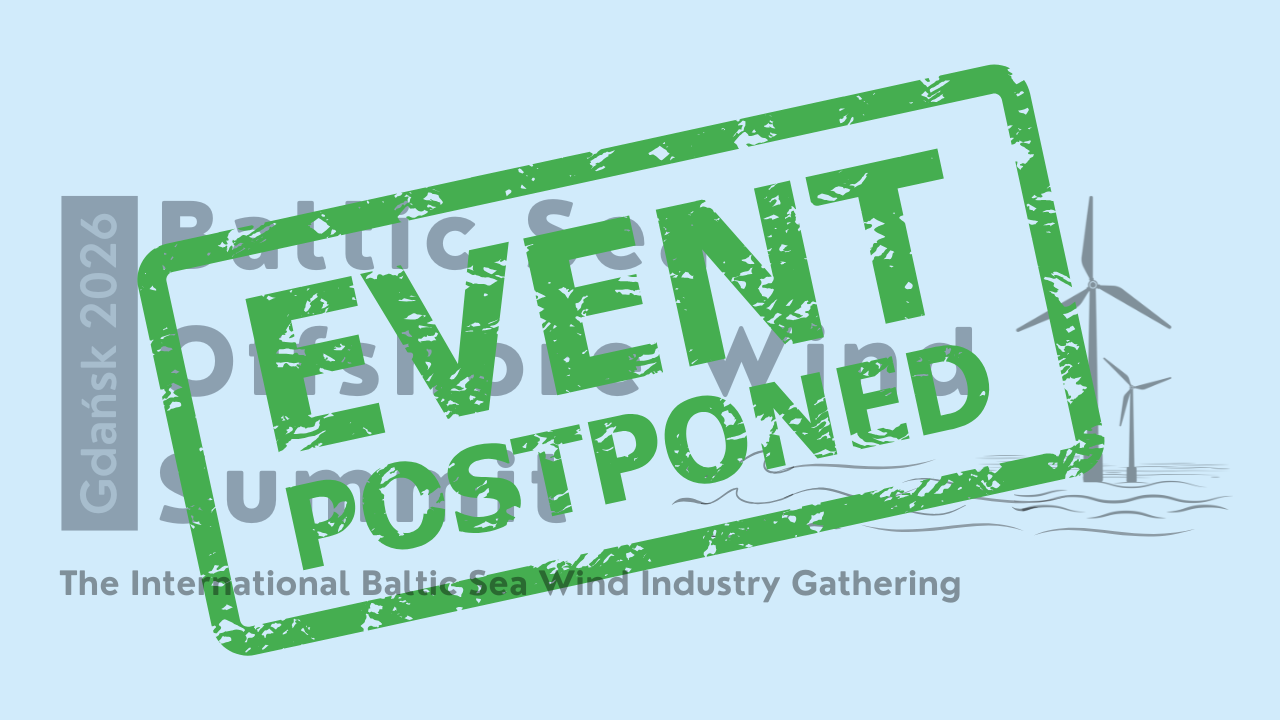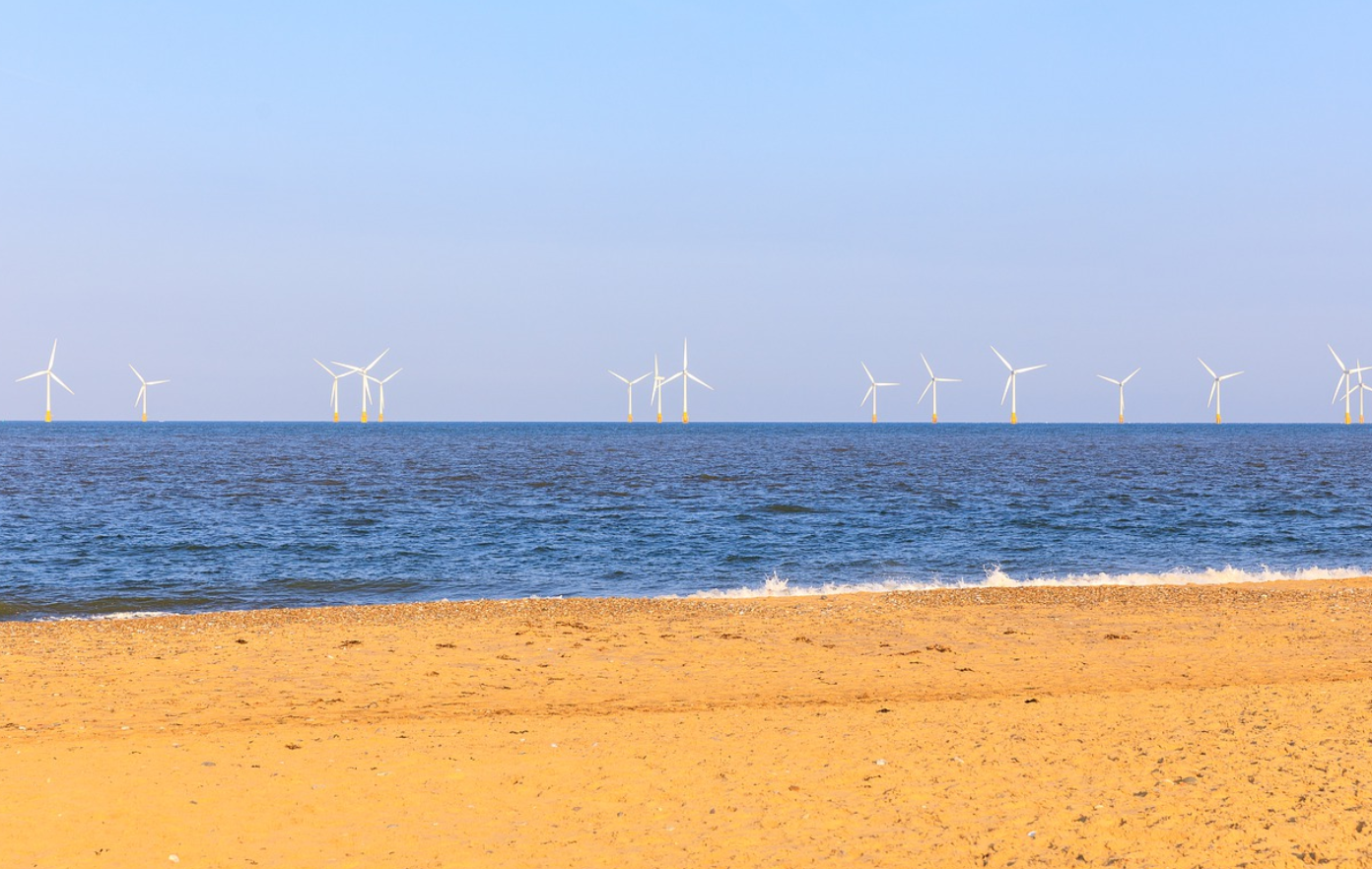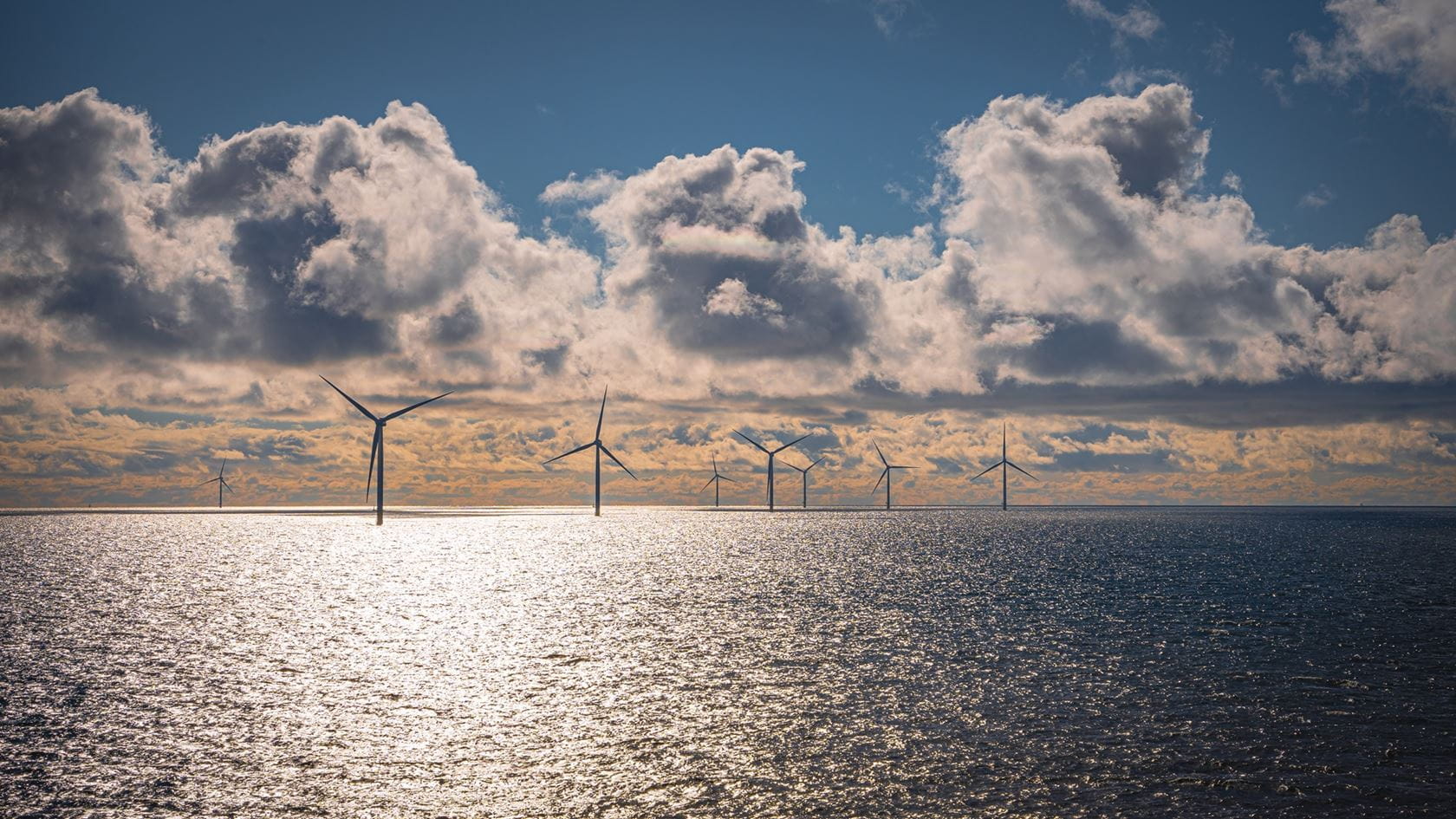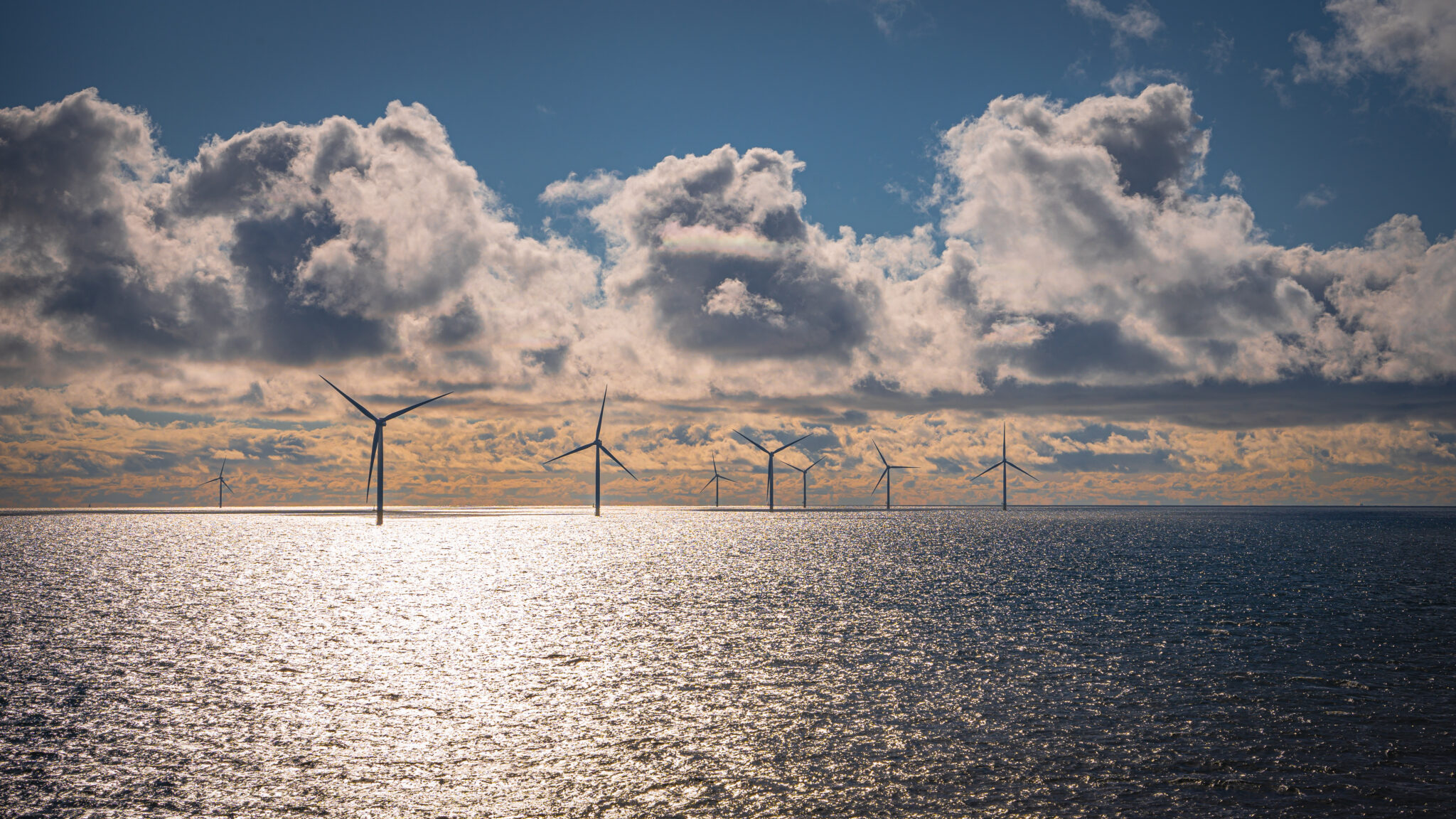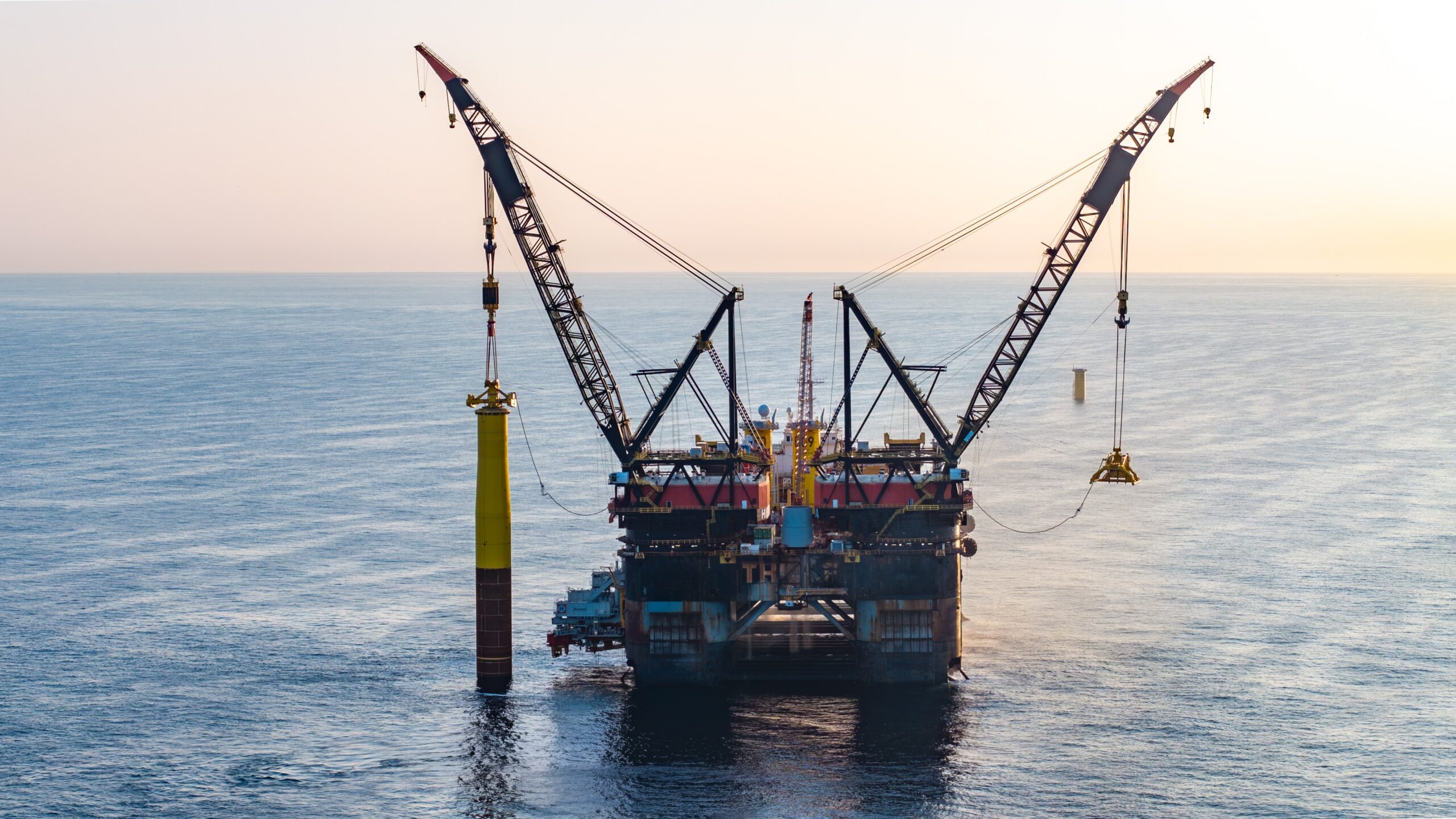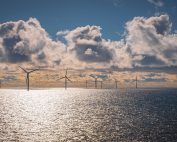At a recent panel debate held at the Permanent Representation of Poland to the EU, organized by PGE with Euractiv as media partner, industry leaders and government representatives discussed the crucial role that offshore wind in the Baltic Sea will play in Europe’s energy future. As the European Commission prepares for its new mandate, the emphasis on regional cooperation, ambitious energy targets, and the role of the European wind industry has never been more vital.
The panel, moderated by Anna Gumbau from Euractiv, included contributions from Lukasz Kolinski, Acting Director for Green Transition and Energy System Integration at the European Commission, Jurga Kasputiene, Deputy Permanent Representative of Lithuania to the EU, Maciej Gorski, COO of PGE, and Giles Dickson, CEO of WindEurope. They emphasized the need for continued regional collaboration and a supportive regulatory framework to harness the full potential of offshore wind in the Baltic Sea.
A Clear Direction from the New Commission
Lukasz Kolinski set the stage by affirming the European Commission’s commitment to renewable energy. While the new Commission is yet to take full office, Kolinski emphasized that the direction is already clear: “Although the new commission is not in place yet, I can say that our president, President von der Leyen, already committed to scale up and prioritize investment in clean energy infrastructure and technologies, including renewables, including low carbon technologies as well as grid infrastructure”.
Kolinski further detailed the Commission’s efforts to accelerate offshore wind development through initiatives like the Wind Power Action Plan and the revision of key legislative frameworks, such as the Renewable Energy Directive and the Ten-E Regulation. He acknowledged that the Baltic Sea region, with its projected 22 GW of offshore wind by 2030 and potentially 45 GW by 2050, could become the EU’s second-largest producer of offshore wind energy.
Regional Cooperation for Energy Independence
Jurga Kasputiene highlighted Lithuania’s ambitious energy strategy, stressing how offshore wind will play a pivotal role in the country’s journey toward energy independence. “For us, this transition has double importance. It’s not just the implementation of our climate commitments to decarbonize our economy, but it’s also to ensure our energy security that leads to our economic security,” she said. Lithuania aims to completely eliminate its reliance on imported fossil fuels by 2050, and offshore wind is central to this goal, with the country’s new National Energy Independence Strategy focusing on large-scale deployment of offshore wind farms.
Kasputiene also stressed the broader regional cooperation aspect, emphasizing that Lithuania aims to become an energy exporter. “By leveraging our geographical advantage, the potential that renewable generation has in our region, we can become an energy exporter in the future,” she explained.
Poland’s Ambition in Offshore Wind
Maciej Gorski, COO of PGE, outlined Poland’s ambitious plans for offshore wind energy, positioning the country as a key player in the region. Gorski noted, “The offshore wind development is super high on the strategic agenda for PGE, and we want to be a major player in this technology in Poland”. Poland has set targets to install 6 GW of offshore wind by 2030 and 18 GW by 2040, a goal that aligns with broader EU energy objectives.
Gorski also highlighted the economic potential of offshore wind, emphasizing that local industries will benefit from the development. “We are very much in the position to support the development of the local participants of the offshore wind industry… This will enable not only Polish but also Lithuanian, Scandinavian, and German companies to participate in the whole supply chain across the life cycle of those projects,” he added.
Challenges Ahead: Permitting and Supply Chain Bottlenecks
Despite the optimistic outlook, several challenges remain. Kolinski pointed out ongoing bottlenecks related to grid connections, supply chain constraints, and permitting procedures, noting that these issues need to be resolved to accelerate the deployment of offshore wind in the Baltic Sea. He also stressed the need for faster implementation of the legislative frameworks developed in the last Commission mandate, including the Net Zero Industrial Act, which aims to bolster the EU’s renewable energy supply chain.
Conclusion: The Path Forward
The panel debate concluded with a clear message: the new European Commission must continue to prioritize investment in offshore wind and provide the regulatory and financial support necessary for its rapid deployment. Regional cooperation, particularly between countries like Poland and Lithuania, will be essential to realizing the full potential of the Baltic Sea as a hub for offshore wind energy.
The debate, hosted at the Permanent Representation of Poland to the EU, provided a platform for industry leaders and policymakers to discuss the future of offshore wind in Europe. As the EU looks toward 2030 and beyond, offshore wind will play a crucial role in the continent’s energy transition, bringing significant economic and environmental benefits to the region.
